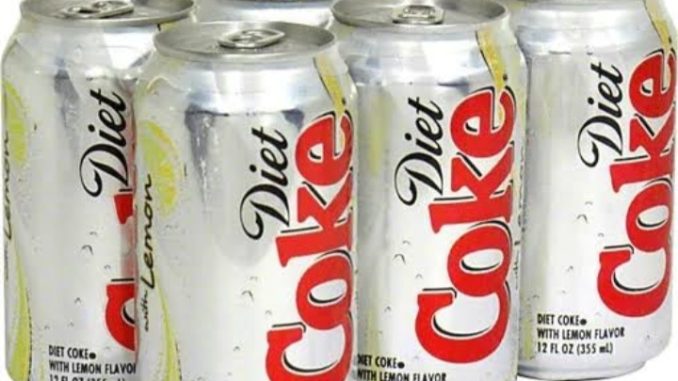
An artificial sweetener used in Diet Coke could “possibly” cause cancer, the World Health Organisation (WHO) is set to announce.
Aspartame, which is used in thousands of products including yoghurt and chewing gum, will be listed next month as “possibly carcinogenic to humans” for the first time by the International Agency for Research on Cancer (IARC), the WHO cancer research arm, two sources told Reuters.
The IARC, which assesses whether something is a potential hazard based on the published evidence, has previously come under scrutiny for causing alarm.
It previously put working overnight and consuming red meat into its “probably cancer-causing” class, and using mobile phones as “possibly cancer-causing”, similar to Aspartame.
‘Serious concerns’ over review
The IARC has four different levels of classification – carcinogenic, probably carcinogenic, possibly carcinogenic and not classifiable. The levels are based on the strength of the evidence, rather than how dangerous a substance is.
Aspartame has been widely used since the 1980s as a sweetener and is in around 6,000 products such as diet fizzy drinks, chewing gum, breakfast cereals and cough drops.
Guidance on how much is safe to consume will come from the Joint WHO and Food and Agriculture Organization’s Expert Committee on Food Additives (JECFA), which is due to announce its findings on July 14, in unison with the IARC.
For example, an adult weighing 60kg would have to drink between 12 and 36 cans of fizzy drinks – depending on the amount of Aspartame in the beverage – every day to be at risk. Its view has been widely shared by national regulators, including in the United States and Europe.
An IARC spokesman said both the IARC and JECFA committees’ findings were confidential until July but added they were “complementary”, with IARC’s conclusion representing “the first fundamental step to understand carcinogenicity”.
The additives committee “conducts risk assessment, which determines the probability of a specific type of harm (e.g. cancer) to occur under certain conditions and levels of exposure”.
In 2015, the IARC concluded that glyphosate is “probably carcinogenic”. Years later, even as other bodies like the European Food Safety Authority contested this, companies were still feeling the effects of the decision.
In 2021, Germany’s Bayer lost its third appeal against US court verdicts that awarded damages to customers blaming their cancers on use of its glyphosate-based weedkillers.
The news sparked a backlash from industry bodies, whose businesses could suffer because of the findings.
“The IARC is not a food safety body and their review of Aspartame is not scientifically comprehensive and is based heavily on widely discredited research,” said Frances Hunt-Wood, secretary-general of the International Sweeteners Association.
The body said it had “serious concerns with the IARC review, which may mislead consumers”.
